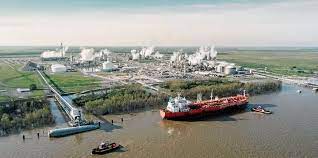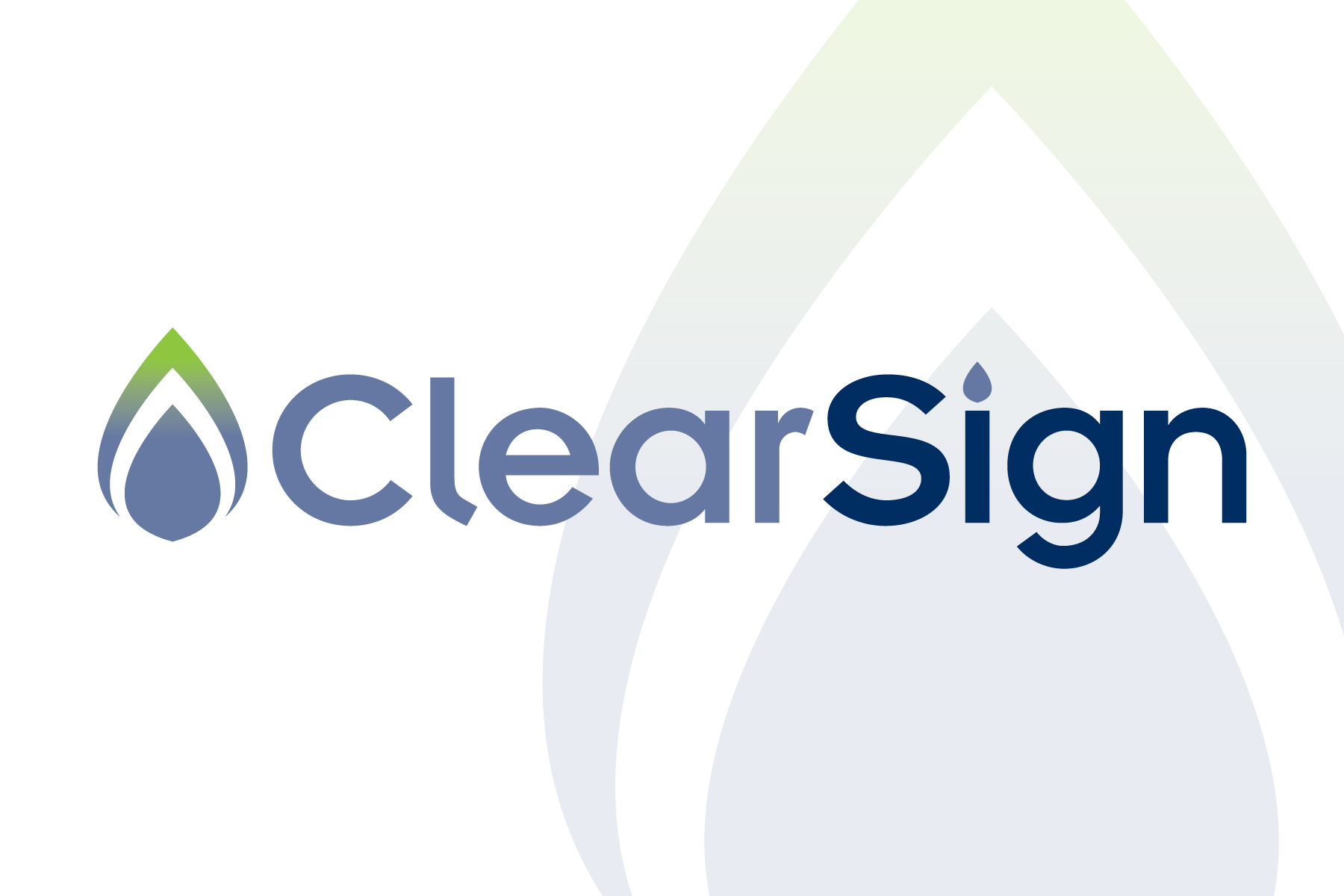Haffner Energy, a France-based technology company, is expanding in the U.S. and has its sights on a sustainable aviation fuel project in Louisiana.
The firm, which recently opened a Houston subsidiary, will concentrate on projects that sit side by side with refineries, given the savings in capex from existing infrastructure, Marcella Franchi, Haffner’s chief marketing officer and head of SAF, said in an interview.
Haffner is developing partnerships in the U.S., including for a project in Louisiana that takes advantage of the area’s supply of woody biomass and river-shipping infrastructure, she said. The company has an MoU with Washington-based Hexas Biomass, and has also joined the ARCHES H2 and HyVelocity hydrogen hub efforts.
Its first project in France will produce 30,000 tonnes of SAF per year with the capacity to double production to 60,000 tonnes, at a cost of roughly $500m, Franchi said. The region, Marne County, is near Paris and owns the Paris-Vatry airport, and is also France’s leading county in terms of useful agricultural surface, according to the company.
Haffner, which is partnering with LanzaJet for the project, is applying for financial backing from French government sources such as ADEME in the form of grants for development costs. Franchi estimates that projects will have development capital needs between $15m – $20m to reach FID.
The projects that are developed alongside refineries will cost around $500m, while larger standalone projects that produce closer to 200,000 tons of SAF will cost approximately $1bn.
Haffner’s technology is biomass feedstock-agnostic and works via thermolysis of biomass residues.
Market distortion
Franchi said the EU-compliant SAF produced in the U.S. would preferably be exported to the EU, given that prices for SAF in the EU will likely be much higher than in the U.S. due to the continent’s penalties for carbon emissions.
Under RefuelEU’s aviation initiative, fuel suppliers will have to incorporate 2% of SAF into their jet fuel mixes starting in 2025, rising to 6% in 2030 and 70% by 2050. Europe’s Carbon Border Adjustment Mechanism also introduces a penalty for the carbon emissions of certain imports like fuels.
As such, prices for SAF in the EU could reach as high as $6000 per ton under penalties, while they would likely reach $900 per ton in the U.S., she said.







